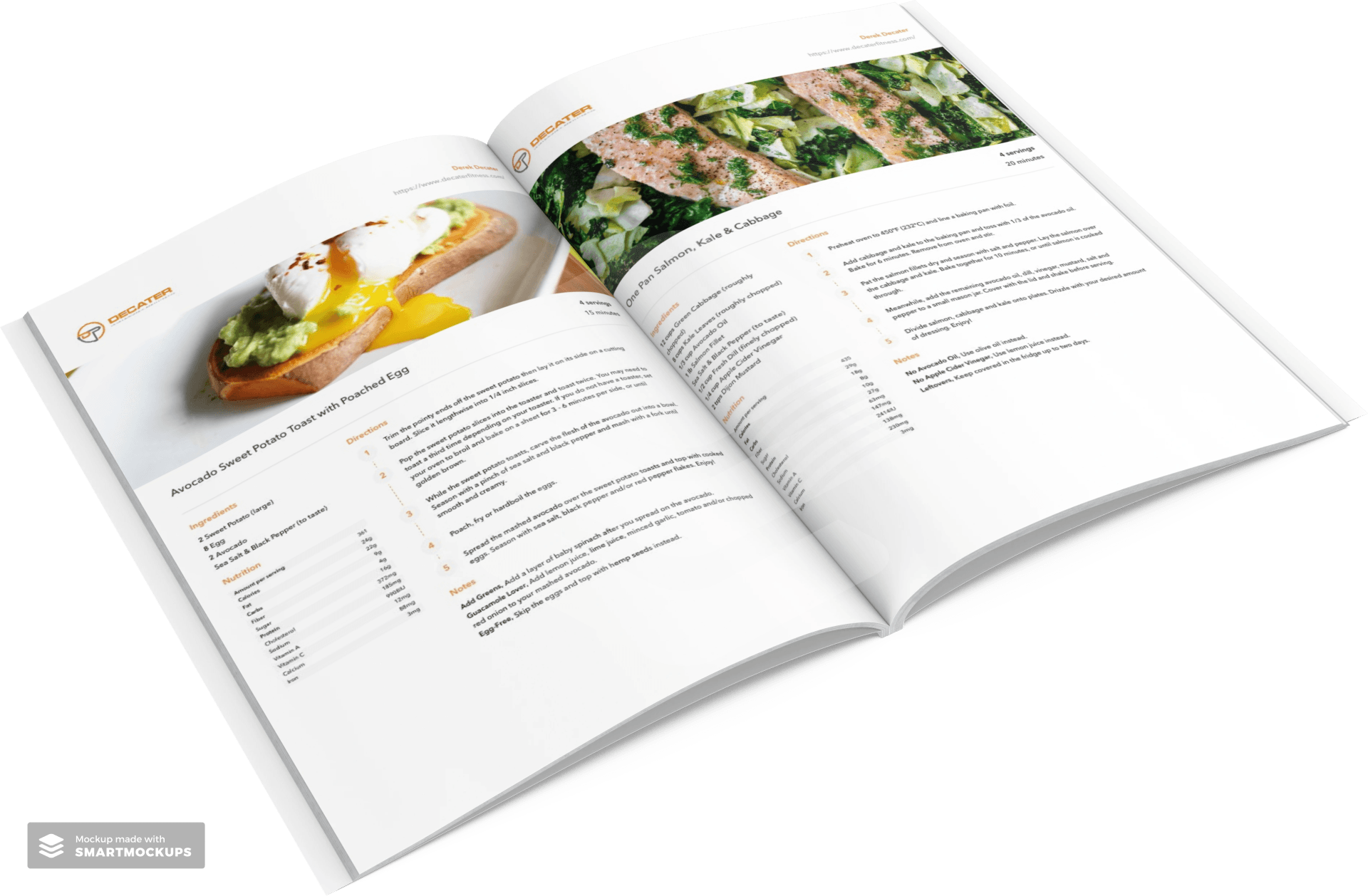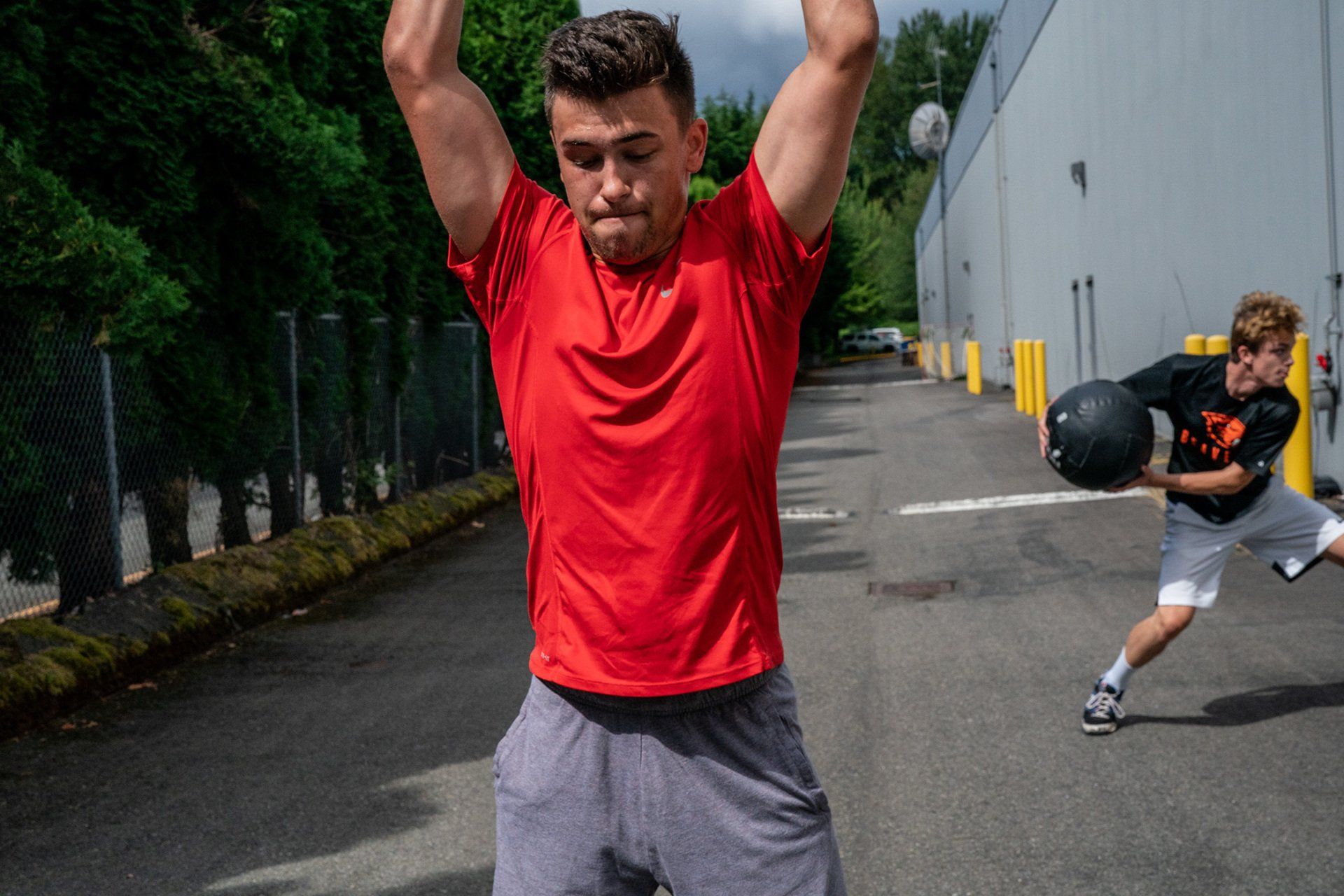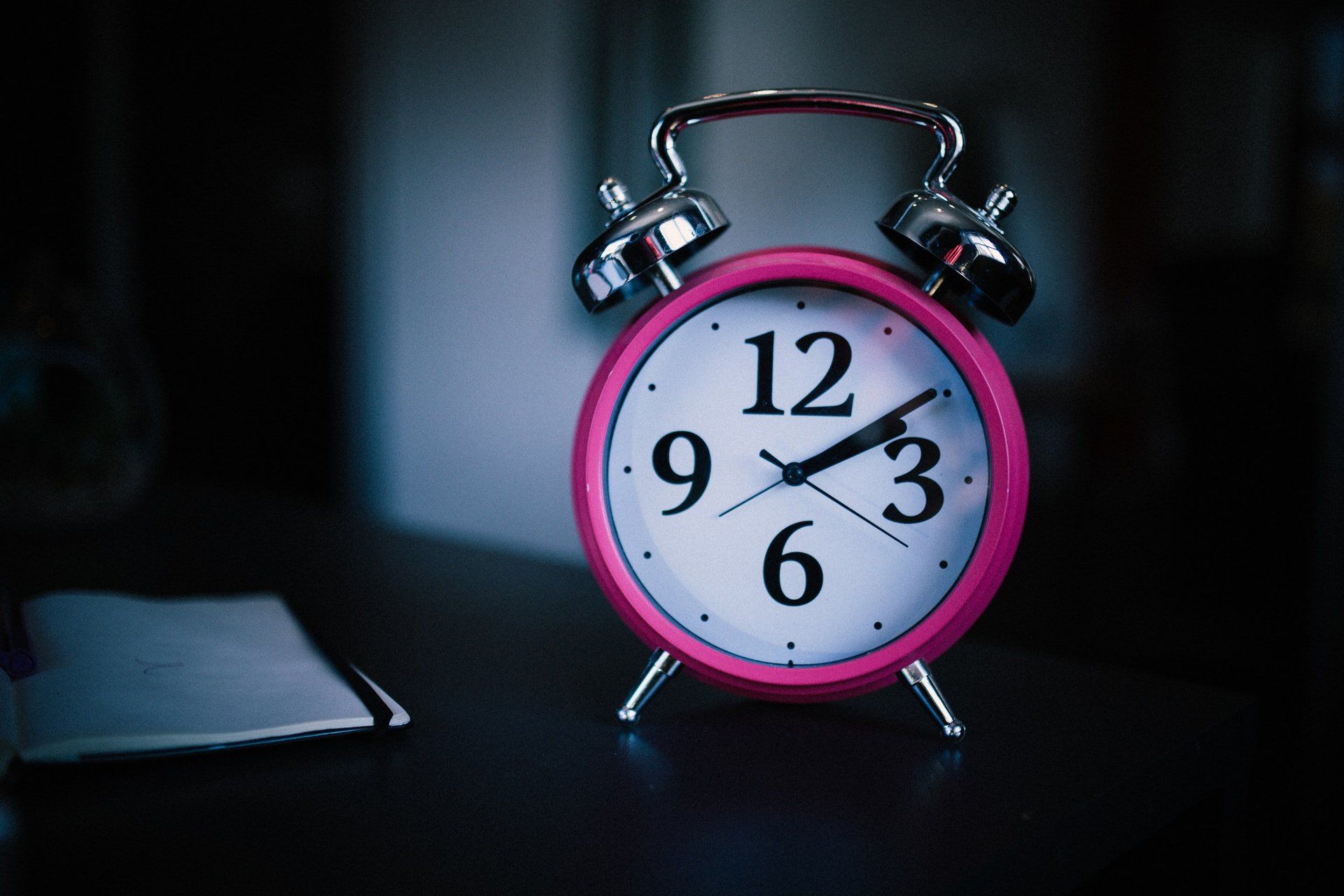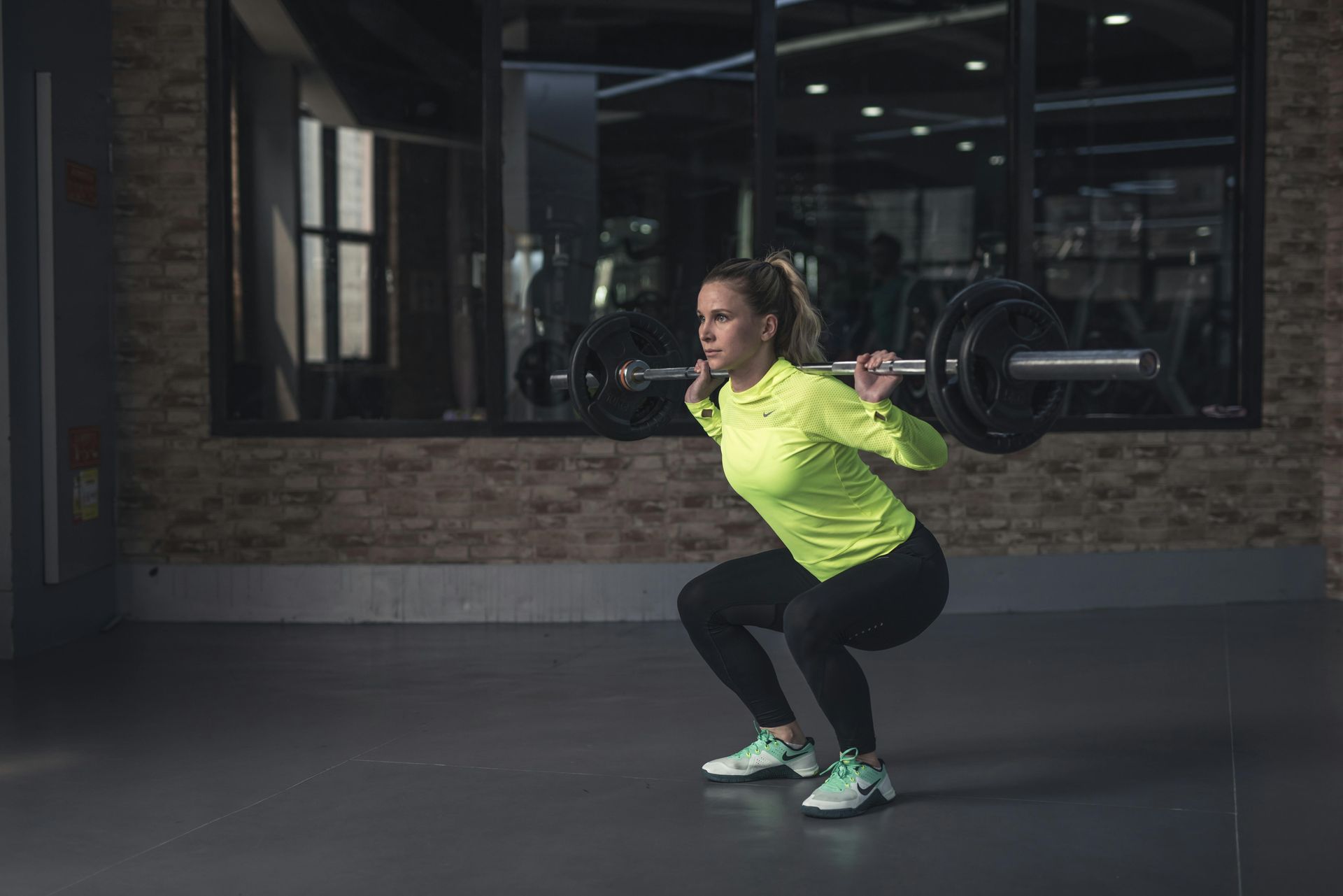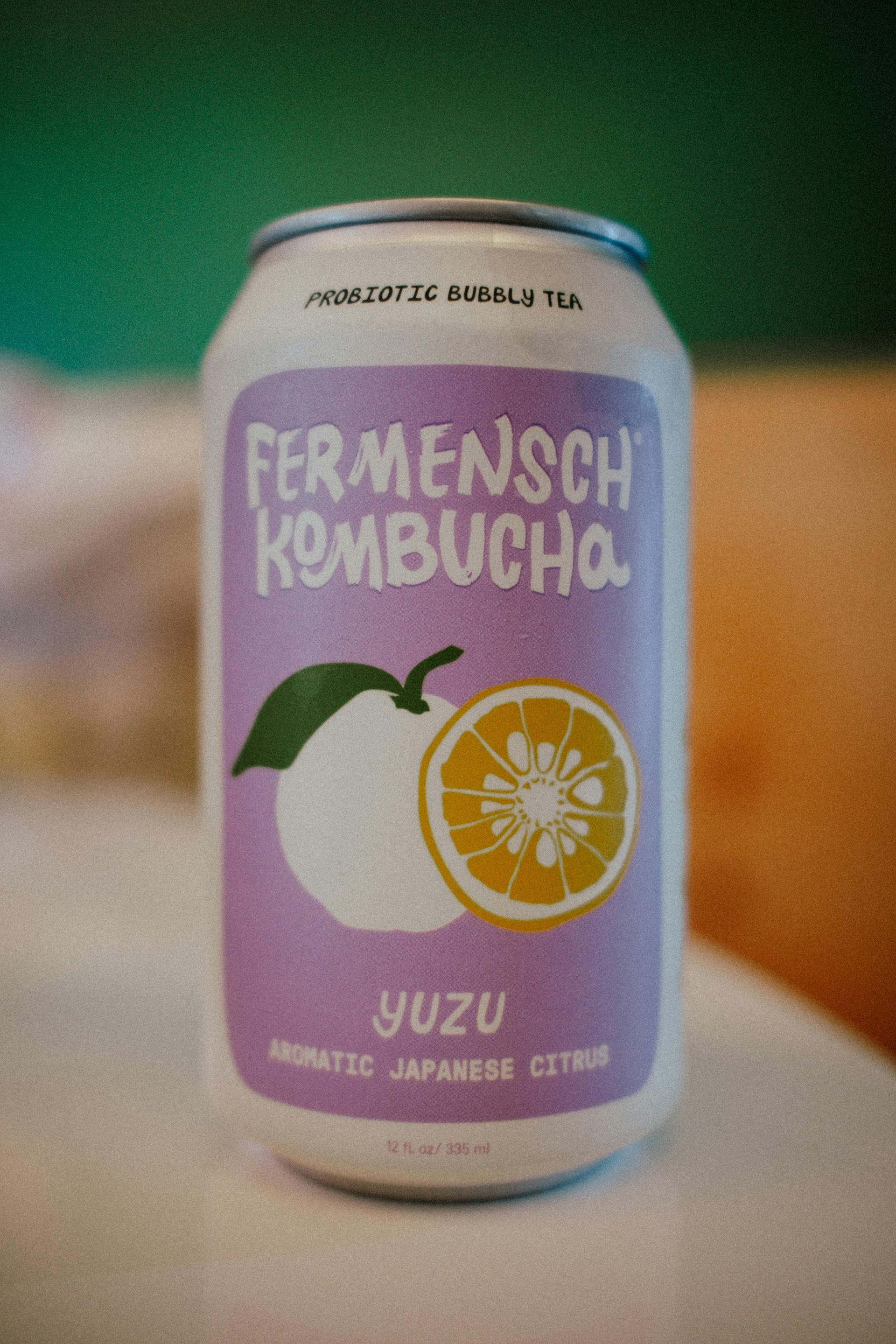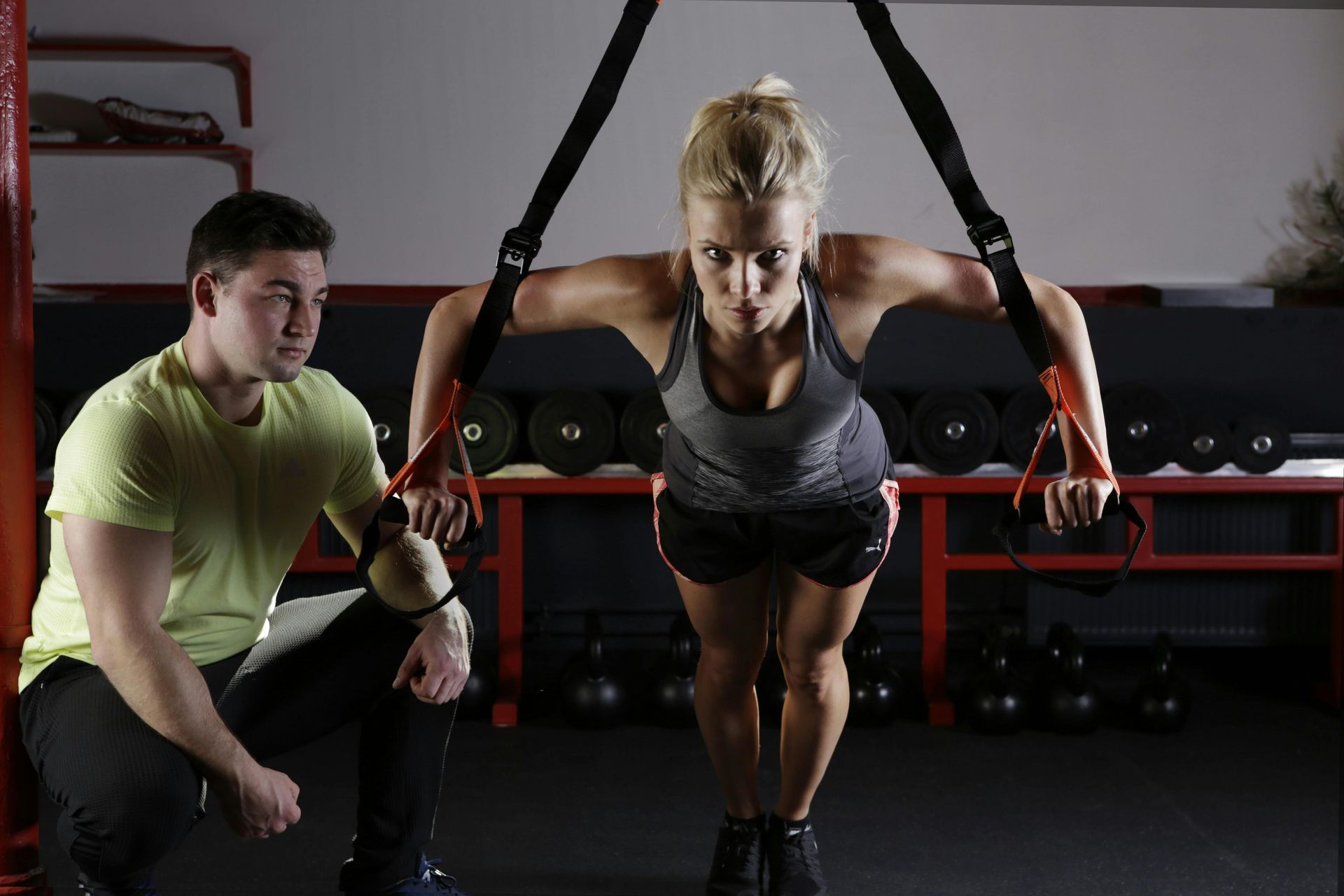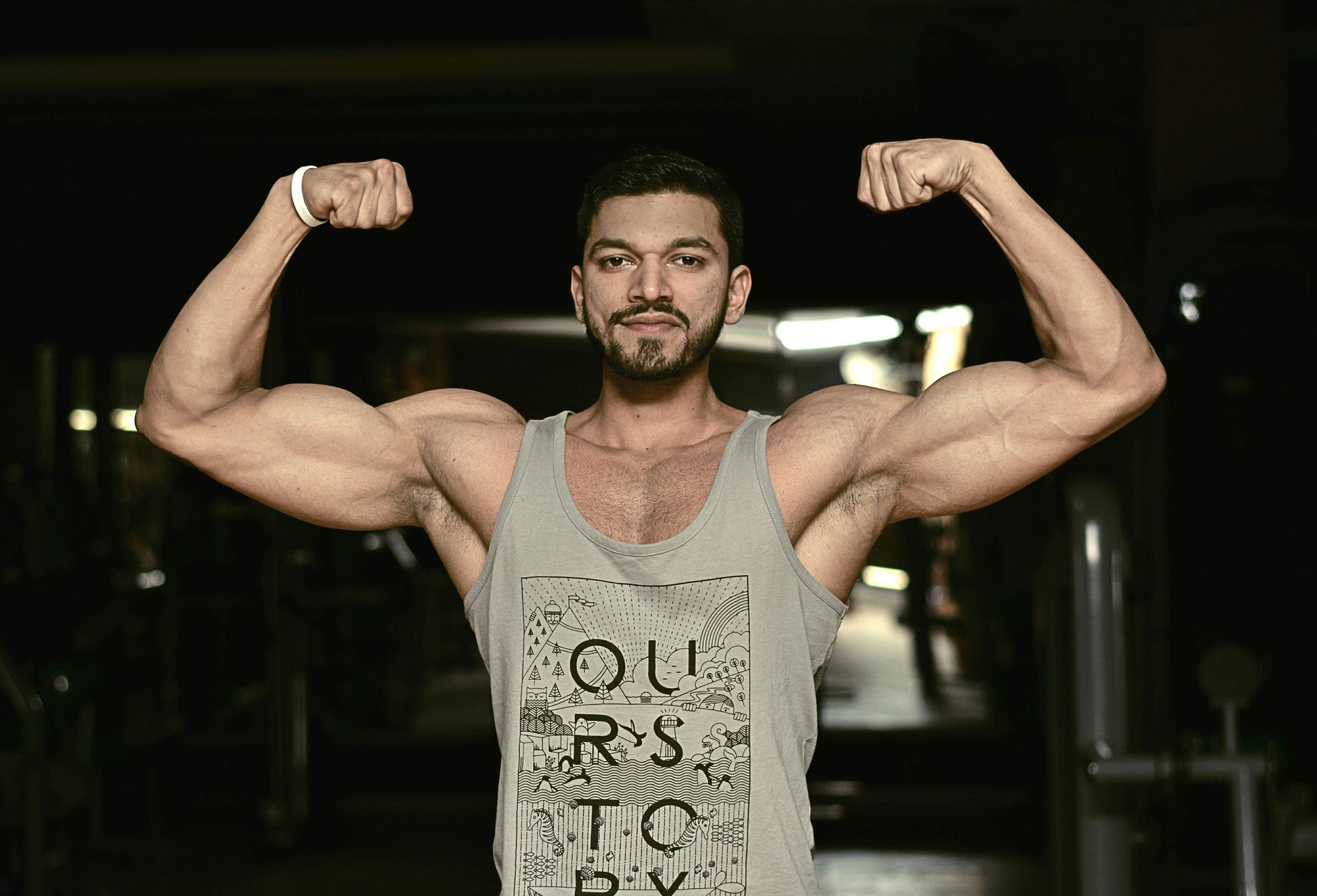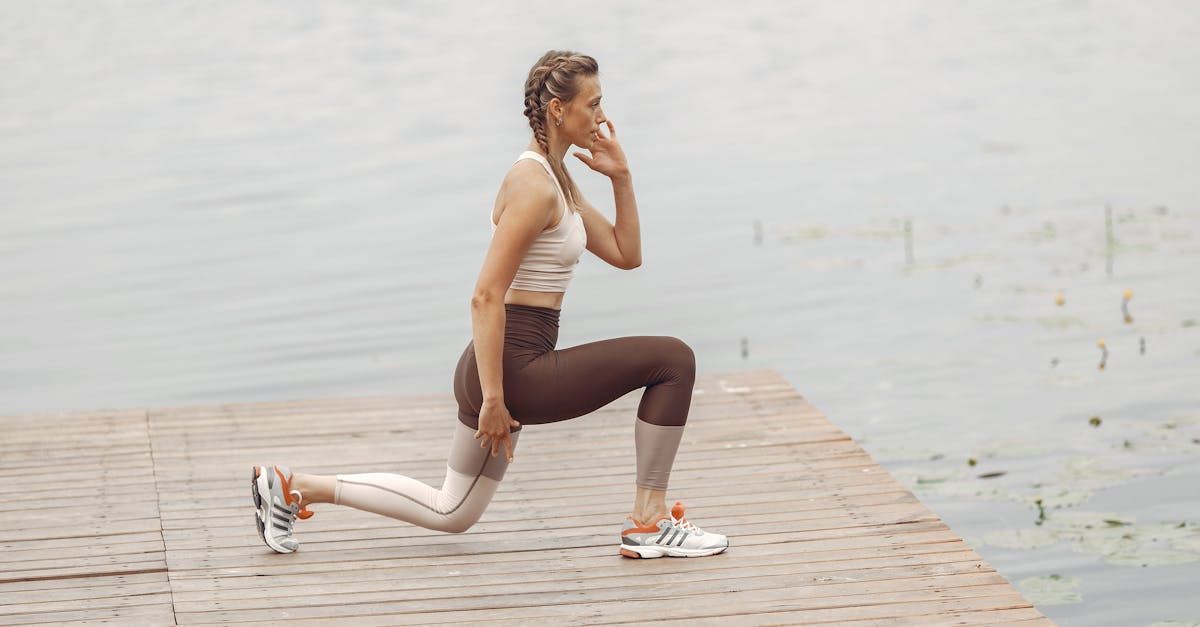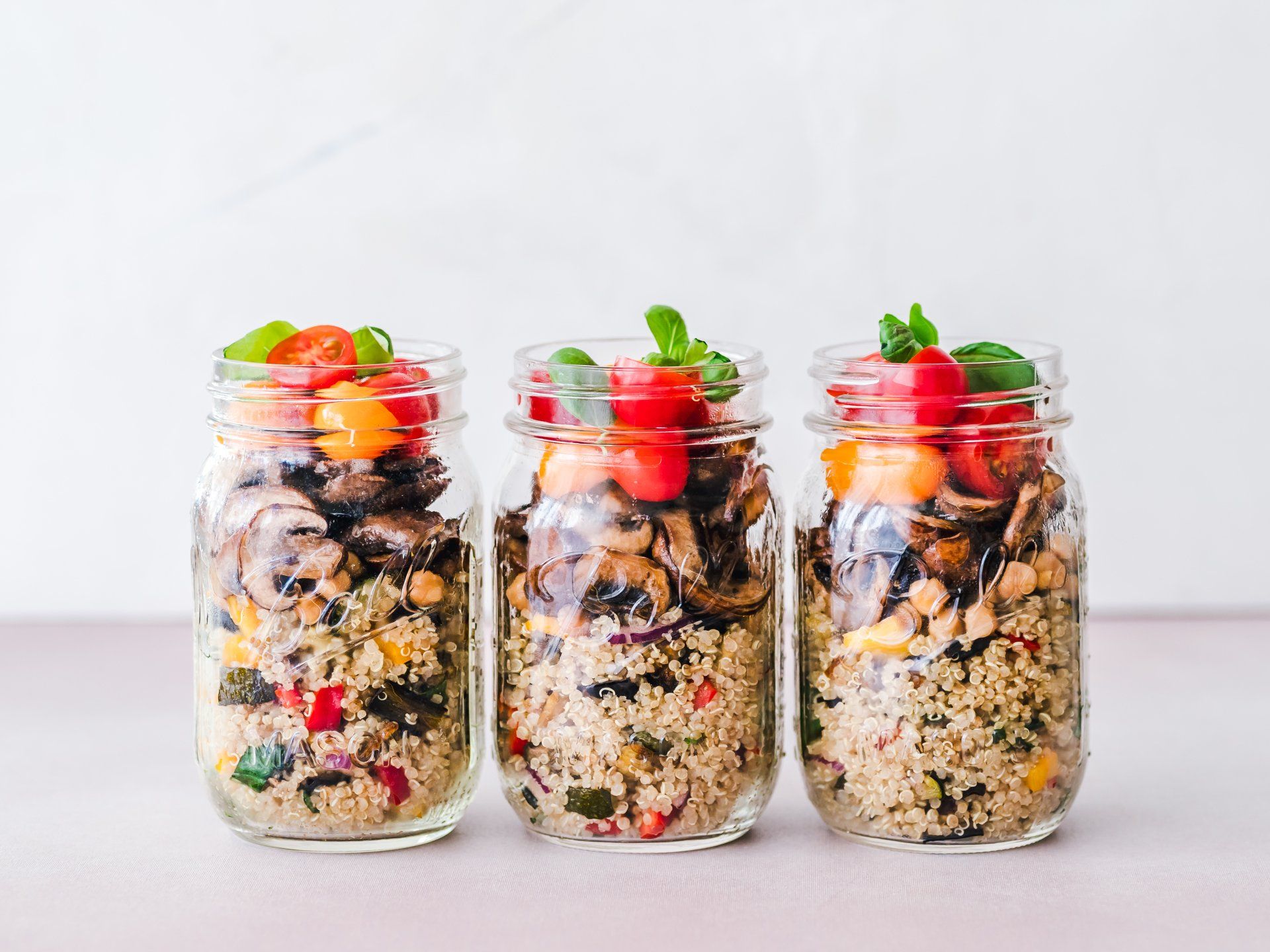Sleep is a Skill - Part 2
Dustin Hassard • April 30, 2019
In Part 1, I talked about the science of what’s happening when we sleep. Now I’ll cover strategies for getting better sleep. First, I want to reiterate and elaborate on some of the points covered in the last article:
- Sleeping less than 6 hours a night increases your risk of weight gain and diseases related to weight gain, some studies show it even doubles the likelihood.
- Short-term and long-term memory is affected by sleep. Recalling what you’ve learned in the previous day drops as much as 50% with poor sleep. I challenge you to try remembering your dreams when you don’t get enough sleep vs. when you get 7-9 hours of sleep.
- Sleep affects muscle-building hormones. A lack of sleep can increase muscle break down by up to 300% which in turn decreases physical performance. In other words, poor sleep can negate the benefits of your workout. As a side note, those of you who train at our gym will require more sleep due to the higher level of physical activity. Don’t waste all that hard work in the gym by letting your sleep suffer.
Now, let’s get to the good stuff…how to sleep better
One of my favorites and simplest methods is Craig Ballantyne’s 10-3-2-1-0 FORMULA:
- 10 hours before bed – No more caffeine.
- 3 hours before bed – No more food or alcohol.
- 2 hours before bed – No more work.
- 1 hour before bed – No more screen time (turn off all phones, TV’s and computers).
- 0 is the number of times you will hit the snooze button in the morning.
Habits for Improving Sleep
- Consistency: Keep a relatively consistent bedtime and wake time, including weekends.
- Light: Keep the bedroom extremely dark, to tell the body’s light-sensitive clock that it’s time to sleep.
- Noise: Keep the bedroom extremely quiet or use a white noise generator (such as a fan).
- Relaxation/routine: Develop a pre-bed routine that is relaxing and familiar. Television, work, computer use, movies and deep/stressful discussions late at night can disrupt sleep.
- Temperature: Keep a slightly cool temperature in the room, between 66-72 F or 18-22 C.
- Stimulants: Eliminate stimulants like caffeine/nicotine, especially later in the day.
- Exercise: It’s not only good for a tight butt and big guns, but it can also help improve sleep and as mentioned above, build muscle more effectively.
- Fullness: Eating a dinner that makes you overly full can disturb sleep.
- Nutrition: This is a topic in itself, but what you eat plays a major role in how well you sleep.
Tips for Falling asleep
- Read a book before bedtime (unless you've been studying), not digital, but actual books. Digital screens even lights produce a blue light that stimulates the brain.
- Fall asleep listing to audiobooks (i.e.
audible.com
). It’s like someone reading me a bedtime story.
- Block out as much light as possible with curtains or by wearing an eye mask.
- Sleep in quiet areas or wear earplugs. Sometimes an air conditioner or fan provides some nice white noise.
- Power Nap - 20 minutes max recharges the battery.
- Z-12 by Biotest is a supplement I take before bed that helps me stay in a deep sleep.
- Melatonin (this works for some, but makes has the opposite effect on me.
- Calming Teas
- Epsom Salt Lavender Baths
- Meditation - learn to relax and turn the brain and body off.
Keep in mind, sleep is a skill and like any skill and these strategies will require consistent practice. If you try something, don’t expect it to work the first time or even the 10th time. Practice and develop your sleep skills and it will work. If sleep is a skill you are lacking, you’ll need more focused practice. Just as you’ve spent years developing poor sleep habits, it will take some time to develop good sleep habits.
Now take what you’ve learned, get a good night’s sleep, and your body, brain, and life improve.

